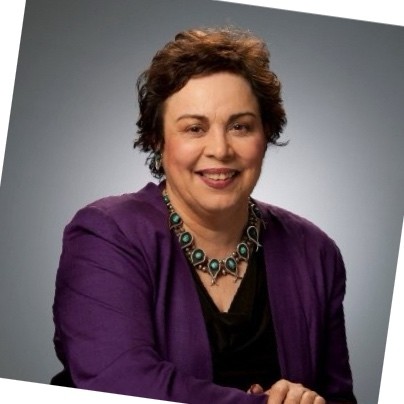Higher education: Changing job market demands and new learning pathways. The job market is shifting away from degree requirements, with many employers focusing on practical skills, hands-on experience, and problem-solving abilities. Companies are assessing candidates based on their ability to perform tasks rather than their academic background.
Rise of Industry Certifications and Micro-Credentials
Short-term certifications, boot camps, and specialized training programs are becoming credible alternatives to traditional degrees. Fields like technology, digital marketing, and project management now recognize skill-based credentials that offer direct career pathways.

Experience and Portfolio Outweighing Academic Titles
Real-world experience, internships, and personal projects carry more weight than ever. Employers value portfolios showcasing hands-on work, making it essential for job seekers to demonstrate their abilities through tangible results.
Alternative Learning Paths Gaining Recognition
Online platforms, self-paced courses, and mentorship programs provide flexible learning options that align with industry needs. Many professionals choose to upskill through targeted training instead of committing to lengthy degree programs.

Networking and Practical Exposure Driving Career Growth
Building connections within industries is becoming just as important as formal education. Attending industry events, participating in workshops, and gaining mentorships are key strategies for career advancement.

I have 20 years of experience in higher education leadership. I held prominent academic positions at various institutions, concentrating on key areas such as student learning, faculty development, curriculum design, and institutional accreditation. As the Team Chair for eleven accreditation evaluations with the Middle States Commission on Higher Education, I have successfully directed thorough assessments that uphold academic standards and regulatory requirements. Furthermore, I have provided consulting services to major international institutions, offering guidance on accreditation processes, strategic planning, and governance frameworks. Her extensive knowledge in assessment, budget management, and collective bargaining and her commitment to academic excellence and institutional effectiveness make her a passionate champion for shared governance in higher education.
